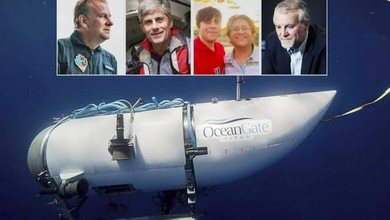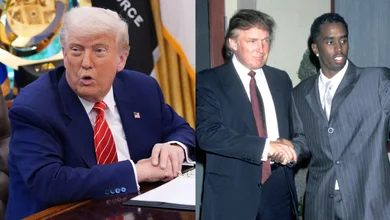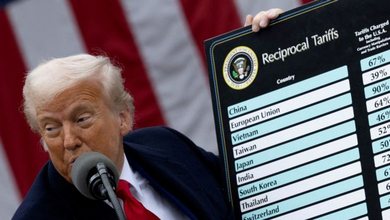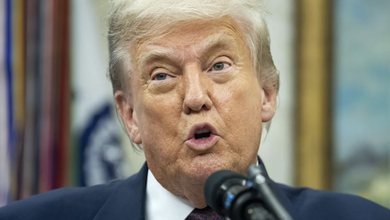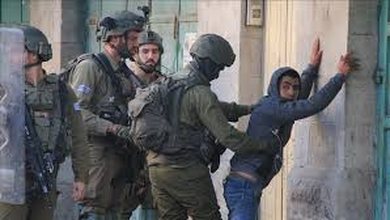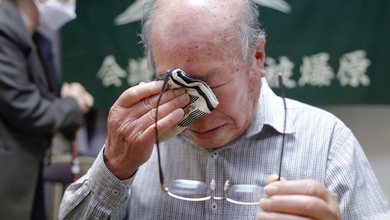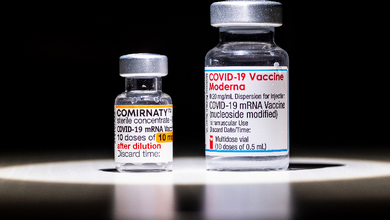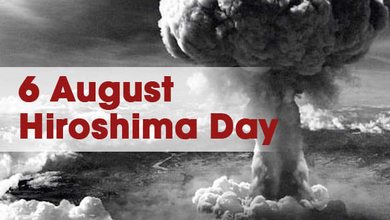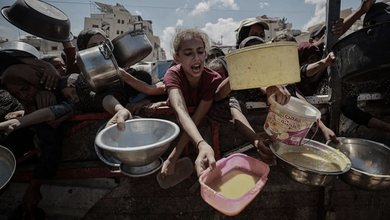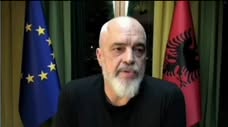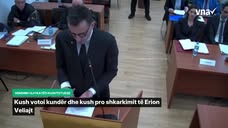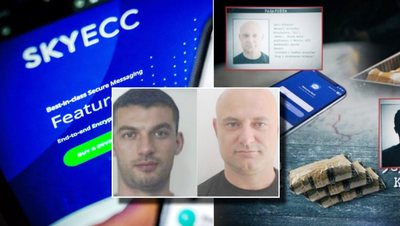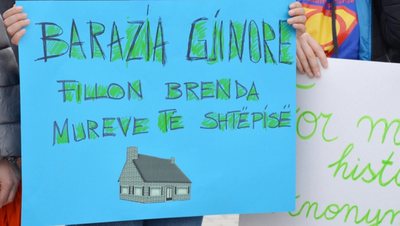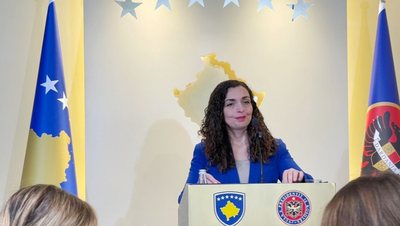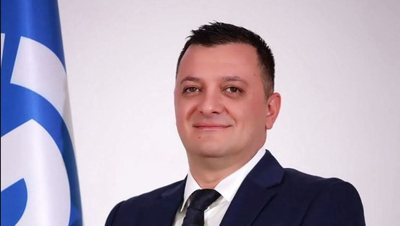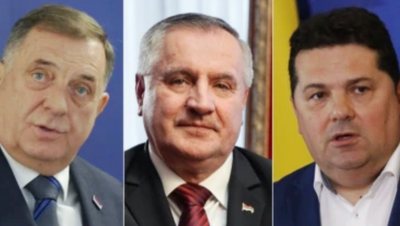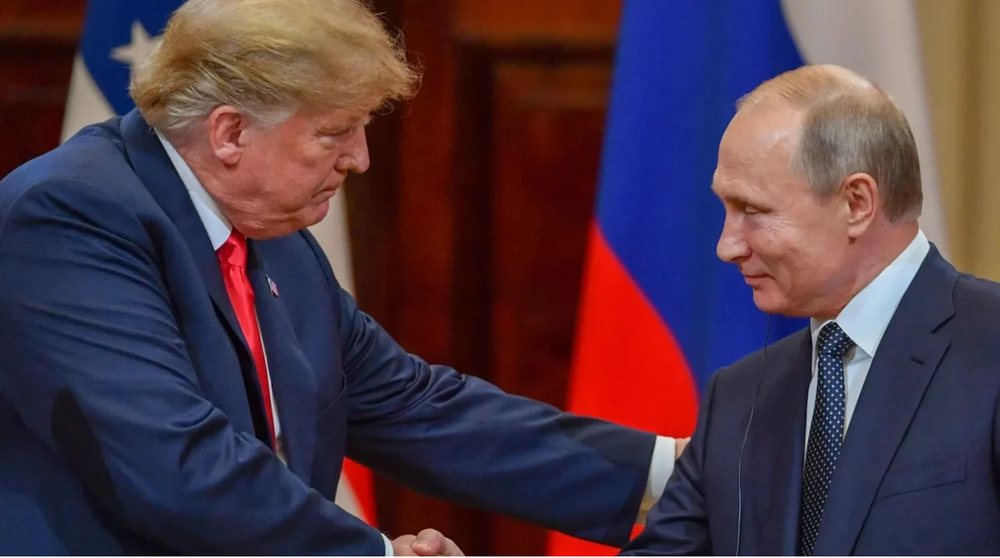
In his efforts to end the war in Ukraine, President Trump has faced difficulty convincing Moscow to accept a deal, which he once boasted he would reach within 24 hours of taking office.
After going from optimism to despair and back again, the American leader hopes for a summit in the coming days with President Putin, followed by trilateral talks that would also include Ukrainian President Zelensky.
"I've been disappointed in this man before. I'm here to finish this job," Trump said Wednesday at the White House after his envoy, Steve Witkoff, spoke with Putin in the Kremlin. Trump claimed "great progress" had been made, but gave no details. The talks with Putin would mark the first US-Russia summit since 2021, when President Biden met with him in Geneva. Trump has not said where or when the meeting might take place. Yuri Ushakov, a Kremlin adviser, said Thursday that the two leaders would meet "in the coming days," but he too gave no further details, according to The Times.
Although Trump has said he may impose sanctions on Moscow and tariffs on its remaining trading partners, including China and India, the tone of his comments Wednesday evening was markedly different from last month, when he accused Putin of talking "nonsense" about the war.
"Trump has changed his stance on Russia again," read a headline in the Russian newspaper Komsomolskaya Pravda on Thursday.
For Putin, a summit would constitute the final confirmation that the West has failed to isolate Moscow.
Although Zelensky has expressed a desire to meet with Putin to set the terms for a "just peace," Kiev has previously expressed concern that Moscow is only interested in such a meeting if it results in Ukraine's surrender. "[The Russians] are saying it openly: 'First accept our demands — capitulation — and only then organize a meeting of leaders. And then work on implementing those demands,'" Sergiy Kyslytsya, Ukraine's deputy foreign minister, told the Kyiv Independent this month.
Ushakov said on Thursday that the Kremlin was not interested in talking to Zelensky, indicating that Moscow does not expect Kiev to surrender, despite any pressure that may come from Washington.
He added: "As for a trilateral meeting, which for some reason Washington talked about yesterday, this was simply something mentioned by the American side during the meeting in the Kremlin. But this was not discussed. The Russian side did not comment on this option at all."
Despite Trump's renewed optimism, there is no indication that Putin is considering ending the war. Unconfirmed reports suggest he may be willing to accept a moratorium on airstrikes, but it remains unclear for how long and whether such a moratorium would include military targets in addition to civilian ones.
Of course, this situation has been seen before. In February, Trump said he hoped to meet with Putin "very soon" and that he believed the Russian leader wanted to end the fighting. He did not explain then or later what, he said, was preventing Putin from doing so.
Evidence suggests that Trump and his negotiating team lack in-depth knowledge of the conflict. In March, Witkoff was unable to name all the Ukrainian regions that Moscow claims as its territory.
Marco Rubio, the US secretary of state, said on Wednesday evening: "For the first time probably since the beginning of this administration, we have some concrete examples of the kinds of things that Russia would ask for to end the war." However, Moscow has listed its demands, which include the surrender of cities and areas of eastern and southern Ukraine, on many occasions before.
Putin has portrayed his invasion of Ukraine as a conflict vital to his country's survival, akin to World War II, or the Great Patriotic War as it is known in Russia. More than 20 million Soviet citizens died fighting the Nazis. If Putin believes Moscow is engaged in a similar battle against a NATO-backed Ukraine, neither the scale of Russian losses nor the threat of new sanctions will deter him from pursuing what he sees as his destiny. Such wars will not end with tariffs, no matter how severe.
For Trump and his team, the war is a foreign policy issue. For Putin, it is a deep-rooted conflict that has shaped much of his adult life. Newly discovered documents show that since the early 1990s, Putin has believed that parts of Ukraine are Russian soil.
Putin spoke to the German consul general in St. Petersburg in 1994, just three years after the collapse of the Soviet Union. He was the city's deputy mayor at the time. According to a note of the meeting in the archives of the German Foreign Ministry, unearthed this week, the future president said: "Crimea, eastern Ukraine and northern Kazakhstan — at least these areas — have never been foreign territory for Russia, but have always been part of Russian land. It is impossible to explain to a Russian that these are now considered foreign."
Such beliefs are at the core of Putin's worldview, a worldview that is reinforced by the echoes of his close associates, former KGB agents. In 2014, during his third term as president, Putin claimed that modern Kazakhstan, a former Soviet republic, was an artificial state. He used the same rhetoric to justify a full-scale invasion of Ukraine in 2022.


